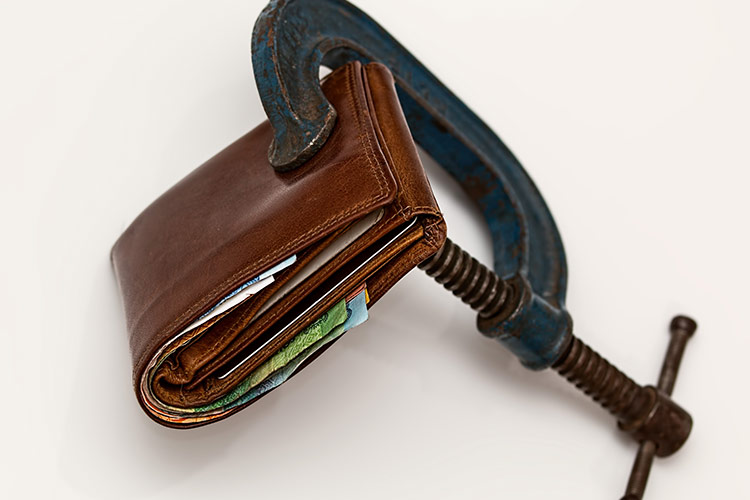Another Scandal Over Excessive And Unnecessary Fees
https://bardolawpc.com/wp-content/uploads/2015/09/BlogPhoto-044-BardoLaw.jpg 750 500 StacyBardo StacyBardo https://bardolawpc.com/wp-content/uploads/2015/09/LinkedIn-StacyBardo-BardoLawPC-150x150.jpgAnother grave scandal over excessive and unnecessary fees has erupted. Wells Fargo now admits it wrongly charged auto insurance to its loan customers and at extremely high rates. As reported last week in the New York Times:
More than 800,000 people who took out car loans from Wells Fargo were charged for auto insurance they did not need, and some of them are still paying for it, according to an internal report prepared for the bank’s executives.
The expense of the unneeded insurance, which covered collision damage, pushed roughly 274,000 Wells Fargo customers into delinquency and resulted in almost 25,000 wrongful vehicle repossessions…
Read the full story, available at https://www.nytimes.com/2017/07/27/business/wells-fargo-unwanted-auto-insurance.html
Wells Fargo charged duplicate high auto insurance rates, even to its auto loan customers who already maintained and paid for their own insurance. After the consumers’ accounts became delinquent because the wrongly assessed insurance fees weren’t paid, Wells Fargo ordered the repossessions of tens of thousands of vehicles. According to the Times piece:
Here is how the process worked: When customers financed cars with Wells Fargo, the buyers’ information would go to National General, which was supposed to check a database to see if the owner had insurance coverage. If not, the insurer would automatically impose coverage on the customers’ accounts, adding an extra layer of premiums and interest to their loans.
When customers who checked their bills saw the charges and notified Wells Fargo that they already had car insurance, the bank was supposed to cancel the insurance and credit the borrower with the amount that had been charged.
This scandal highlights the need for consumers to check and double-check each monthly billing statement. Even if you pay your bills online or by auto-deduct, you must review the bill itself to ensure you aren’t paying unnecessary fees. It’s also important to make sure you respond to any letter you receive from your finance company which indicates it may not have a record of your insurance. Either fax or send via certified mail (return receipt requested), proof of insurance to make your best case against the company. Don’t ignore delinquency notices or rely on phone conversations with account representatives – make your complaints in writing and keep proof that you lodged your dispute or that your finance company agreed to credit your account.
Consumers need to step up and continue complaining, filing reports, and reporting misconduct. Only with intense public pressure will finance companies be forced to remain accountable.




